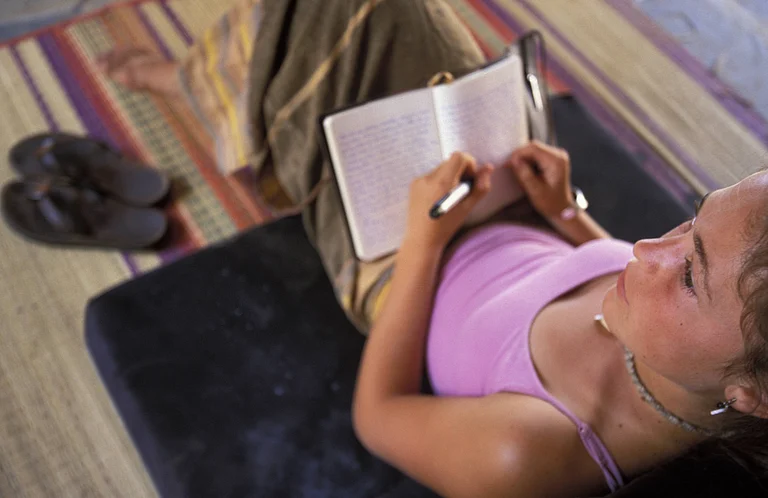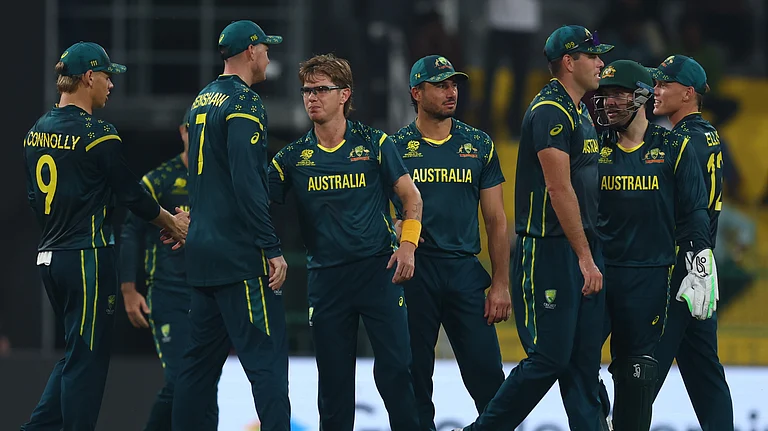Delhi High Court on Monday dismissed a PIL seeking to prohibit the practice of putting up images of deities on walls to prevent people from urinating, spitting or littering in public places.
A bench of Chief Justice Satish Chandra Sharma and Justice Subramonium Prasad, which had earlier reserved its order on the plea, rejected it. The petition said the common practice of affixing photographs of deities on walls to prevent urination, spitting and throwing garbage in public places had created a serious menace in society as these pictures did not guarantee the prevention of such acts.
Instead, people publicly urinate or spit on the "sacred images", the petition said. "This seriously denigrates and disparages the sanctity of the sacred images... Fear is used as an element to stop people from urinating or spitting and littering. These things cannot be permitted over the element of pure devotion borne out of faith and freedom to practise and profess one's religion," petitioner and advocate Gorang Gupta said.
The plea said affixation of sacred images of deities on walls to prevent urination in public and spitting and throwing junk violated sections 295 (injuring or defiling place of worship with intent to insult the religion of any class) and 295A (deliberate and malicious acts intended to outrage religious feelings of any class by insulting its religion or religious beliefs) of the Indian Penal Code as it hurt the religious sentiments of the general public.
The plea said the high court, in an earlier case, had acknowledged the menace of open public urination and, in its order, noted that religious sentiments of people were getting hurt due to the practice of affixing photographs of deities on walls.


























